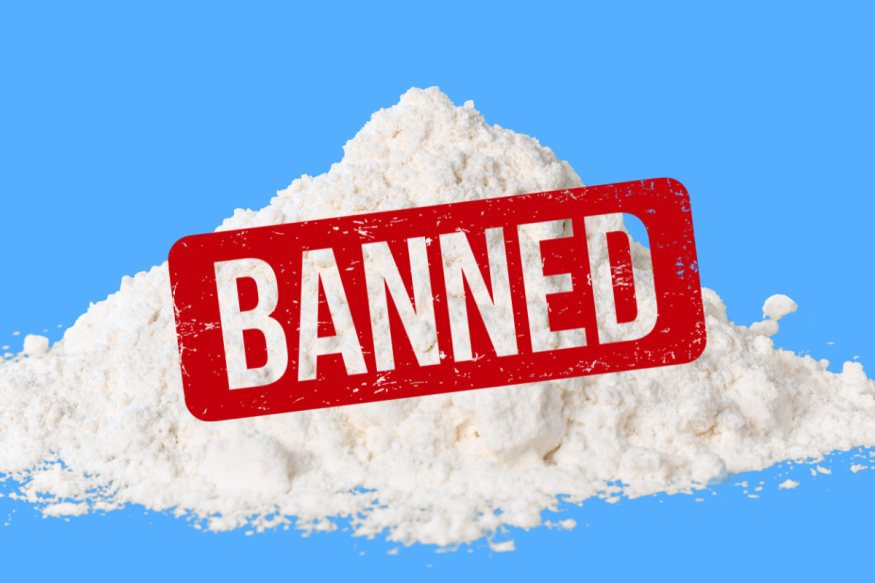
After a saga that left hundreds sick, the Food and Drug Administration (FDA) has finally ruled that tara flour, the trendy new ingredient only in the American food supply since about 2021, is not safe to eat. This long-awaited announcement follows reports of nearly 500 illnesses caused by vegan meal delivery service Daily Harvest's French Lentil + Leek Crumbles, which contained the plant-based protein. The FDA's ruling means that tara flour is now on the list of ingredients "generally not recognized as safe" and is illegal to use.
Loopholes in Our Food Safety System
The ruling raises a critical question: is this a turning point for the FDA or a stark reminder of a food safety system riddled with loopholes? Let's face it: the FDA's sluggish response is hardly confidence-inspiring. Nearly two years have passed since reports of illness surfaced, and a whopping 39 people needed their gallbladders removed after consuming Daily Harvest's product.
Food Safety Advocates See a Potential Shift
Food safety advocates are cautiously optimistic. This decision, they say, might signal a stricter FDA stance on novel food additives. Here's the rub: under the current system, food manufacturers can self-declare ingredients "generally recognized as safe" (GRAS) - a loophole ripe for exploitation. While the FDA is busy focusing its efforts on the prescription drug market, this lack of transparency by brands and pre-market oversight by the FDA has left us, as consumers, vulnerable to a plethora of mystery chemicals and additives in our food.
Who's to Take Responsibility?
Even when we try to eat fresh food - as many Daily Harvest customers likely viewed their food to be - our food is still processed in a variety of ways. In fact, 75% of what we eat is processed and brimming with a questionable cast of characters on ingredient lists. The onus of safety shouldn't fall on consumers deciphering cryptic labels, but for now, it does.
Thankfully, some states are taking action, with bills proposed to close the GRAS loophole and create a "toxic-free food" system. New York is proposing a bill that demands companies disclose safety data, while California already bans certain additives. Lawmakers in Massachusetts and Illinois have introduced bills that ensure "toxic-free foods" and close the loophole for manufacturers to "self-police." The message is becoming more clear: consumers shouldn't be left in the dark.
A Wake-Up Call or Another Cautionary Tale?
The bottom line is that while the FDA's tara flour verdict is a step in the right direction, it definitely feels more like playing catch-up. It took hundreds of people getting sick from one single item for someone to sit up and pay attention to the fact that the GRAS loophole allows food manufacturers to prioritize profits over safety. The bigger question remains: will this be a wake-up call for a more proactive approach to food safety, or will it simply become another cautionary tale in a system riddled with holes?
© copyright 2024 Food World News, a property of HNGN Inc. All rights reserved. Use of this website constitutes acceptance of our terms and conditions of use and privacy policy.



